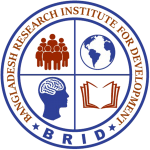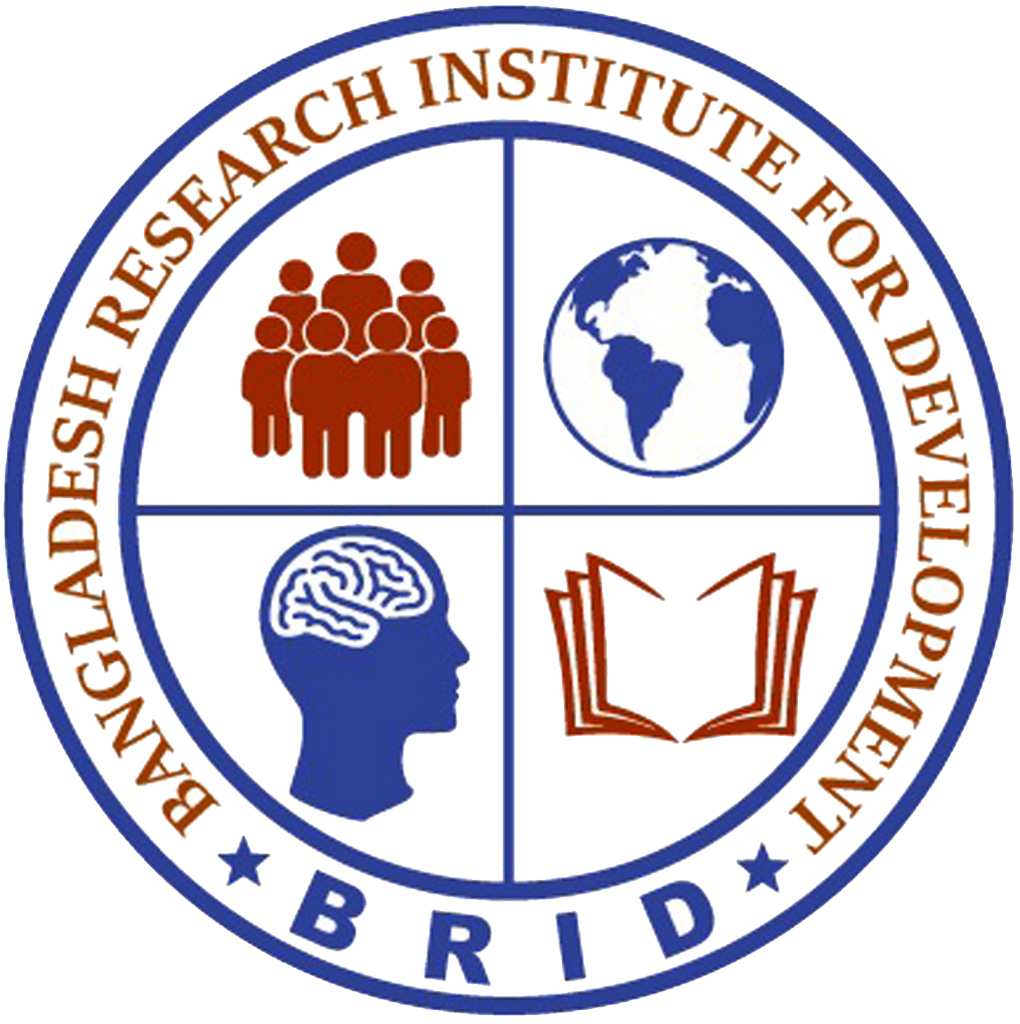Overview
The main objective of this assignment is to develop a module on rights and governance and conduct training sessions for AYC representatives under the YES project of the Eco-Social Development Organization (ESDO).
Key Topics and Themes of the Module and Training
- Transparency: Ensuring that information is freely available and accessible to those affected by governance, allowing for informed decision-making.
- Accountability: Establishing mechanisms for holding leaders and public officials responsible for their actions and decisions.
- Rule of Law: Upholding legal frameworks that are fair, enforced impartially, and protect the rights of all citizens.
- Human Rights: Fundamental rights applicable to every individual, including life, freedom, and security.
- Women’s Rights: A crucial subset of human rights focused on equality, education, health, and economic opportunities for women.
- Children’s Rights: Rights that ensure safety, education, and development for children, emphasizing their protection and dignity.
- Citizenship: The relationship between an individual and the state, defining rights and responsibilities, and enabling social and political participation.
- Good Governance: Management practices that promote fairness and justice, aimed at preventing corruption and unrest.
- Leadership Development and Volunteerism: Initiatives to enhance leadership qualities in youth and promote volunteer activities for positive societal change.
- Action Plan and Resource Development: The importance of creating effective plans and managing resources for the success of projects and initiatives.
- Participation: Encouraging active engagement of citizens in the governance process, promoting democratic practices and inclusivity.
- Responsiveness: Addressing the needs and concerns of the public in a timely manner, adapting services and policies as needed.
- Equity and Inclusiveness: Ensuring that all members of society have equal opportunities and access to resources and decision-making processes.
- Efficiency and Effectiveness: Making optimal use of resources to deliver services and achieve goals, maximizing impact.
- Sustainability: Balancing economic, social, and environmental factors to ensure long-term benefits for current and future generations.
- Integrity: Promoting ethical behavior and combating corruption to build trust in public institutions.
- Capacity Building: Developing the skills and capabilities of public institutions and officials to enhance governance practices.

